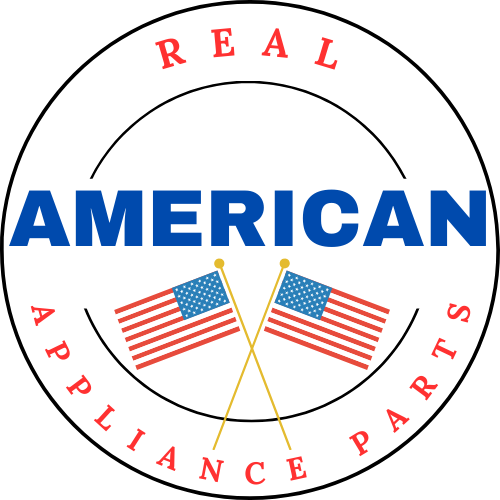How Appliance Repair Companies Can Prepare Customers for Discontinued Models and Brand Closures
In the ever-evolving landscape of home appliances, manufacturers frequently discontinue specific makes and models, or, in some cases, entire brands go out of business. When this happens, customers often find themselves in a difficult situation, wondering whether their appliances can still be repaired or if they will need to invest in a replacement. As an appliance repair company, clear and proactive communication with customers is crucial to helping them navigate these changes with minimal frustration. Here’s how you can effectively prepare your customers for these transitions.
1. Stay Informed and Proactive
Your first step is to stay ahead of the curve. Keep up with industry news, manufacturer announcements, and supply chain changes. Partnering with distributors and manufacturers can give you early insight into parts availability and potential phase-outs. By doing so, you can inform customers well before they experience service disruptions.
2. Maintain an Updated Database
Keeping a database of your customers’ appliance brands and models allows you to anticipate who might be affected when a model is discontinued. By proactively reaching out to these customers, you can alert them to potential service issues before they arise.
3. Clearly Communicate Service Limitations
When a make or model is discontinued, customers need to understand how it affects their ability to maintain or repair their appliances. Your communication should include:
- Whether parts are still available and, if so, for how long.
- The likelihood of repair costs increasing due to limited parts supply.
- Any alternative repair solutions, such as compatible or aftermarket parts.
- When it might make more sense to replace rather than repair.
4. Offer Transition Assistance
If an appliance is approaching the end of its repairable lifespan due to part shortages, provide guidance on replacement options. This could include:
- Recommending brands with better longevity and support.
- Helping customers select models that align with their budget and needs.
- Offering discounts or partnerships with appliance retailers.
5. Leverage Multiple Communication Channels
Different customers have different preferences when it comes to receiving information. Use a mix of communication methods, including:
- Email alerts and newsletters for updates on appliance availability.
- Website or blog posts with detailed information about discontinued models.
- Social media updates to keep followers informed in real-time.
- In-person conversations during service appointments to educate and prepare customers.
6. Establish a Customer Loyalty and Referral Program
When customers know they can trust your expertise, they are more likely to return and refer others to your services. Consider offering loyalty incentives, such as discounts on new appliance installation if they purchase a replacement through your recommendations. Building long-term relationships ensures customer retention even when repairs are no longer an option.
7. Educate Your Technicians and Customer Service Team
Ensure your team is well-versed in discussing discontinued brands and models with customers. They should be trained to:
- Explain why a particular model is no longer supported.
- Provide accurate timelines for when repairs may become unfeasible.
- Offer informed recommendations for next steps.
8. Create a Resource Hub on Your Website
Having a dedicated section on your website where customers can check appliance availability, find information on discontinued models, and explore replacement suggestions can be a valuable asset. This reduces uncertainty and builds trust in your brand.
9. Offer Preventative Maintenance to Extend Lifespan
Encouraging preventative maintenance can help customers maximize the use of their appliances before they become unserviceable. Routine check-ups, part replacements, and proper usage education can delay the need for a full replacement.
10. Emphasize Transparency and Customer Support
Customers appreciate honesty and a straightforward approach. If a repair is no longer a cost-effective solution, let them know. Being upfront about the reality of discontinued appliances not only positions you as a trusted advisor but also fosters long-term customer loyalty.
By implementing these strategies, your appliance repair company can position itself as a proactive and customer-focused business that helps people make informed decisions about their home appliances. Whether guiding them through a repair or assisting in a transition to a new appliance, clear communication and thoughtful service will strengthen your reputation and keep customers coming back.
